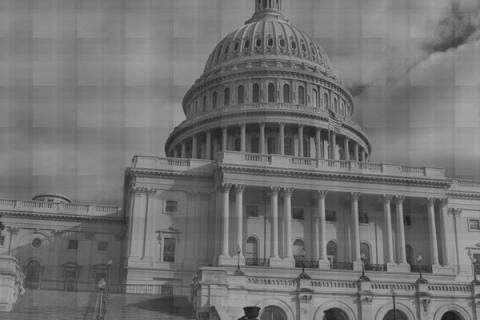It appears that recent government-proposed solutions to staggering financial circumstances are not working. At the federal level, the Obama administration must deal with a pessimistic report that TARP funds aren’t lifting the struggling institutions it promised to help (TARP funds intended to assist in relieving the inflated housing bubble and in stimulating small businesses among other designated purposes).
At the state level, California faces a similar situation in assessing government-proposed solutions to their budgetary problems. Put simply, the state government’s “solutions” are not working either. Similar to the report that measured the success of TARP funds in stabilizing the financial sector, there is a state report from the California Senate Office of Oversight evaluating the success of furloughs for the Franchise Tax Board (FTB).
Their conclusion: furloughs are not working as intended.
The furloughs of 5,300 workers at the FTB will take a toll on California’s general fund, costing it seven times more tax money than it saves, the report said. Gov. Schwarzenegger’s vision of accumulating revenue from these cuts crashes and burns, costing $465 million in lost taxes according to the report.
The reason for lost revenue is due to a lack of common sense exercised in making the cuts. Here’s why: The job of the FTB is to generate revenue through “audits and collection efforts,” the report said. How is revenue supposed to be generated if the work days are siphoned from the FTB? This essentially means less productivity.
With furlough days, the FTB is less available to generate much needed funds, offsetting by 28% the $1.66 billion in general fund money expected to be saved by furloughing workers two to three days a month. The report compared budget-cutting measures applied by the Board of Equalization (BOE) compared with the FTB’s furloughs. The conclusion is that the BOE lost $6.36 for every dollar saved while the FTB’s furloughs lost $7.15 for every dollar saved.
BOE is an independent agency outside the governor’s jurisdiction, which makes it able to avoid mandated furloughs. They still faced deep cuts from the governor, totaling 14%. While not perfect in avoiding the budget ax, the BOE’s system of budget cuts (as opposed to furloughs) demonstrates their ability to minimize their losses more so than the FTB.
The governor also proposed “boosted funding” and “hiring for tax collectors” in the coming fiscal year. Ironically, however,
this is coming from the same governor who campaigned against the tax crazy culture of Sacramento. Unlike what is taking place at the federal level, the California state government is not bailing out tanking financial institutions.
Rather, the big fad vocabulary in California right now is “cuts” and “furloughs,” terms Sacramento heads of state are throwing around like candy wrappers. Granted, cuts are necessary in some areas, but do the facts say?
There are more cost-effective ways to save money. One way of NOT generating revenue is by crippling the agencies whose responsibility entails constructing monetary generating solutions.
